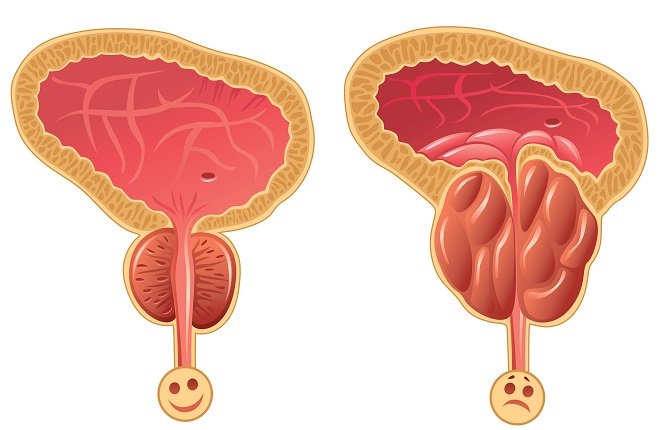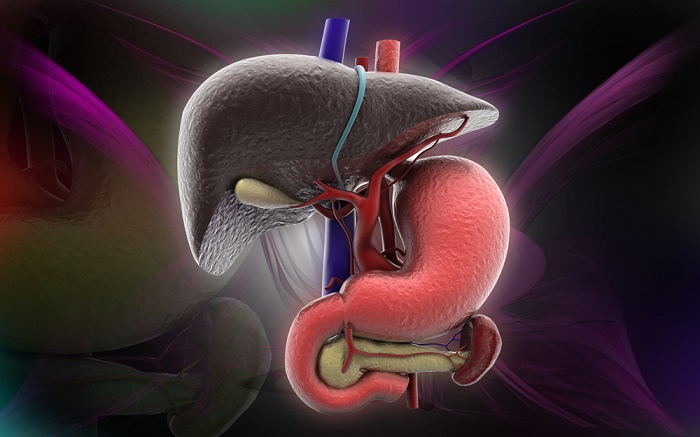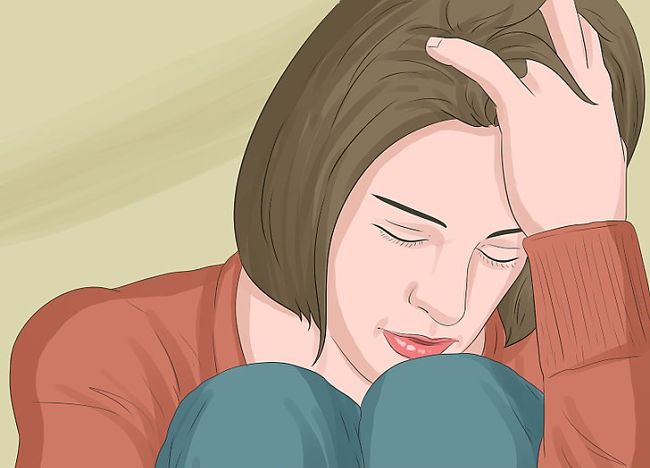Prostate Cancer Symptoms

Prostate cancer is a disease that only develops in men over 40 and is located just below the bladder, in front of the rectum. This condition originates when some prostate cells change and begin to reproduce uncontrollably, it also tends to spread from the prostate to other areas of the body, especially in the bones and lymph nodes, causing a metastasis (multiplication).

This type of cancer is usually the most common in addition to skin cancer, however, it is the second leading cause of death in men in the United States and other Latin American countries. The majority of people with prostate cancer never have warning signs, so they do not undergo therapy or any other treatment. However, in other cases, the symptoms of prostate cancer are notorious, leading to special treatment and constant medical check-ups.
Table of Contents
What are the symptoms of prostate cancer?
Below you can find out the main signs that occur with the presence of prostate cancer, however, some of them can also be caused by other conditions.
Need to urinate frequently.
When a person gets up several times at night to urinate, it is a sign that something is wrong or that he or she suffers from some disease. This problem arises because there is a substance that originates in greater quantity in the body and the kidney, therefore increasing the production of urine to dispose of it. This is because the kidney does not have the ability to produce concentrated urine.
Painful urination.
This is usually one of the most common symptoms of prostate cancer. The pain or burning can be felt exactly where the urine leaves the body, that is, behind the pubis or the prostate. Potty pain is a problem that generally appears in men over 40, who may feel like going to the bathroom more frequently during the day.
Blood in urine or semen.
When bleeding appears in urine or semen it is known as hemato-spermia, it can occur in small amounts to be visible. In most cases, blood in the semen is caused by infection of the prostate, inflammation of the prostate or the seminal vesicles. This symptom can also occur after a prostate biopsy.
Painful ejaculation.
Among the most common symptoms of prostate cancer is painful ejaculation. This refers to the exclusion of semen in response to a spasm of the seminal vesicles supplementary to arousal. In most cases, ejaculation is acute due to inflammation of the genital tract, it can also be due to urethritis, prostatitis, narrowing of the urethra, and epididymo-orchitis.
Frequent back pain.
When the patient is detected with prostate cancer, he may suffer from frequent pain or stiffness in the back, hips, or upper thighs. This problem can also be a symptom of various causes such as trauma, scoliosis or injuries, infections of the prostate, degeneration of the vertebrae, obesity, muscle spasms and muscle tears. However, it can also be present in those who suffer from this type of cancer.
Breast growth or pain.
This is a rare symptom; however, germ cells can cause breast enlargement or breast pain. This is because prostate cancer has the facility to secrete high amounts of a hormone known as HGG (Human Chorionic Gonadotropin) that benefits the development of the breasts.
Other symptoms.
There are other general symptoms that can appear in the most advanced stage of prostate cancer, among them is a lack of appetite, weight loss , anemia, localized bone pain, kidney failure or swelling in the lower limbs that can develop in the enclosures advanced disease. If you suffer from any of the aforementioned signs, it is important to go to the urologist to perform the necessary tests and so that you can make a diagnosis as soon as possible to combat this problem.


